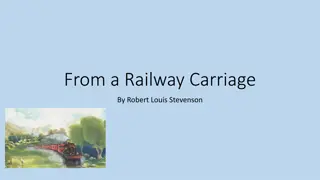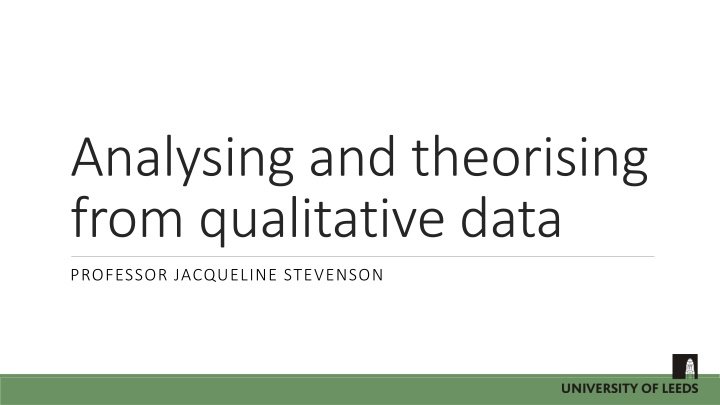
Analyzing & Theorizing from Qualitative Data with Professor Jacqueline Stevenson
Explore frameworks, philosophies, methods, analytical positioning, and challenges in qualitative data analysis with Professor Jacqueline Stevenson. Understand theoretical, analytical, and conceptual frameworks, and different philosophies guiding research approaches. Delve into narrative research, participatory action research, and grounded theory methods for data analysis.
Download Presentation

Please find below an Image/Link to download the presentation.
The content on the website is provided AS IS for your information and personal use only. It may not be sold, licensed, or shared on other websites without obtaining consent from the author. If you encounter any issues during the download, it is possible that the publisher has removed the file from their server.
You are allowed to download the files provided on this website for personal or commercial use, subject to the condition that they are used lawfully. All files are the property of their respective owners.
The content on the website is provided AS IS for your information and personal use only. It may not be sold, licensed, or shared on other websites without obtaining consent from the author.
E N D
Presentation Transcript
Analysing and theorising from qualitative data PROFESSOR JACQUELINE STEVENSON
Overview of the session Frameworks Philosophies Method Analytical positioning Inductive vs deductive approaches Analysing Mitch and Janey Restorying Mitch and Janey Theorising Mitch and Janey A few challenges
Frameworks Theoretical framework: the different theories/theoretical constructs that help explain a phenomenon. Analytical framework: describes/explains how the analysis will be conducted with a view to identifying meaningful sociological patterns. Conceptual framework: outlines/describes the different concepts needed to understand the phenomenon. Paradigm: framework of thoughts or beliefs Ontology (reality) + epistemology (acquisition of knowledge) philosophy Philosophy + methodology (investigative principles) = paradigm
Philosophies Positivists: there is a single reality, which can be measured and known; research involves hypothesis testing to obtain objective truth. Constructivists/interpretivists: there is no single reality or truth, and therefore reality needs to be interpreted; research is used to obtain an understanding of the word from an individual perspective. Pragmatists: reality is constantly renegotiated, debated, interpreted; the best method to use is the one that solves the problem Social realism: draws attention to the everyday conditions of the working class and the poor; researchers are critical of the social structures which maintain these conditions.
Image result for optical illusion old woman young woman explanation Old or young woman? Duck or bunny?
3 methodological approaches Narrative research (focuses on the lives of individuals as told through their own stories) Participatory Action Research (seeks to understand the world by trying to change it, collaboratively and following reflection) Grounded Theory (construction of theory through the analysis of data) All three methodologies may use the same method e.g. interviews
Methods Don t map easily Interviews/ discourse analysis etc can be under taken from different stances Pluralism at the level of method But impacts on how you analyse And what you then claim
Why does it matter? Locates your research in the broader set of debates in the literature Guides (not determines) the choice of methodology and your analytical framework Brings a coherence to the knowledge claims you are making for your research, arising from your analysis And, quite practically, if you are doing a PhD your examiners will want to test out that you are clear
Some thoughts What is the nature or essence of the phenomena you are investigating? Is the phenomenon objective in nature or created by the human mind? What ontological assumptions are you making? What epistemological assumptions are you making (including language claims)? How does your position fit in the field - is it the dominant approach? What does this mean for your approach to analysis?
Analytical positioning Theoretical framing and research paradigm: shapes questions asked and answers presented. Methodology informs method: qualitative and/or quantitative data. Three analytical levels: micro, meso, or macro Range of approaches: inductive vs deductive
Inductive approaches Begins with a set of empirical observations. Seeks patterns in those observations. Theorises about those patterns e.g. move from data to theory; specific to general. Cf Grounded Theory
Deductive approaches Begins with a theory. Develops hypotheses from that theory. Collects and analyses data to test those hypotheses.
Comparing two data analysis methods Interview data on stability of blended families Grounded theory (deductive) Coding then theorization: success of a blended family depends on the possibility of adopting a role (supporter; mediator; not a parent )coherent with the internal dynamics of the family and the pressure or support coming from the environment General Inductive Approach Themes and sensitizing concepts: blended families are structured around a quest for family identity that requires recognition of legitimacy/alliance between spouses/openness to the children s feelings/redefinition of roles Isabelle F. Dufour & Marie-Claude Richard | (2019) Theorizing from secondary qualitative data: A comparison of two data analysis methods, Cogent Education, 6:1, 1690265, DOI: 10.1080/2331186X.2019.1690265
Analysing Mitch and Janey
Discuss How did you analyse the transcript? What assumptions did you make? What did you add in/leave out and why? What were the key themes? What are the themes that link them? Discuss your vignettes
Narrative: an analytical exemplar
What is narrative research? A story is a first-person oral telling or retelling of events related to the personal or social experiences of an individual (Ollerenshaw and Creswell 2002, p.332); only in the transformation of data does story becomes narrative In narrative research, inquirers describe the lives of individuals, collect and tell stories about people's lives, and write narratives of individual experiences Narrative typically focuses on studying a single person, gathering data through the collection of stories, reporting individual experiences, and presenting the meaning of those experiences for the individual.
Narrative Inquiry NI the data emerges from the relationship between the teller, the listener and the context of the telling of the story (Riley and Hawe 2005, p.227); i.e stories only become narratives when the data is not only analysed but also interpreted or re-storied Narrative Stories have a beginning, middle, and end; time, place, plot, and scene May involve a predicament, conflict, or struggle; a protagonist or character; and a sequence with implied causality (a plot) during which the predicament is resolved in some fashion
Steps in narrative research (Cresswell) Analyze story for themes Build in past, present, future Build in place or setting Describe their story Have them tell story Collect other field texts Restory or re-tell the individual s story Collaborate with participant storyteller in all phases of research 5 3 Collect stories from the individual that reflect personal experience 4 2 2 Write a story about the participant s personal and social experiences 6 Purposefully select an individual to learn about the phenomenon Identify a phenomenon that focuses on/addresses an educational problem 7 Validate the accuracy of the report
Key characteristics: Restorying Researcher records, transcribes and codes then: Gathers stories and analyses them for elements of the story Rewrites the story to place it in a chronological sequence Builds in context and themes Restorying provides a causal link among ideas
Restorying Mitch and Janey Beginning Middle End Time Place Plot Scene Predicament/conflict
Thinking theoretically Possible Selves Bourdieu Theorising Mitch and Janey
And finally. Methodological challenges of narrative issues of validity, generalisability, trustworthiness - fiction , untruth , untrustworthiness and lack of rigour Subjectivity: interaction between researcher/participant; need to develop requisite trust, empathy and rapport to facilitate the telling of the story Representation: whether the researcher can ever directly capture and present lived experience Jack in Two Boxes





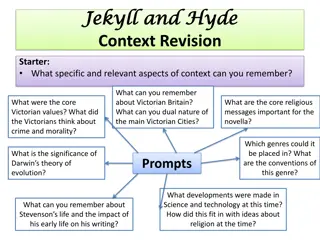
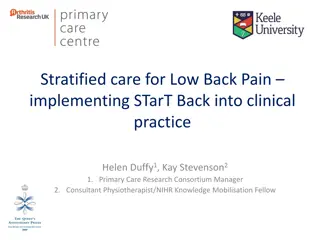
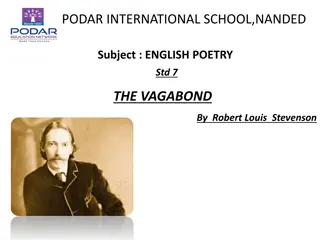
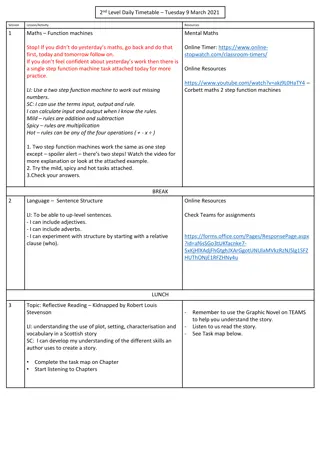
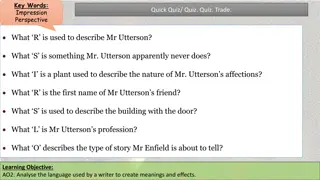


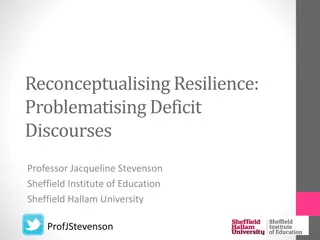
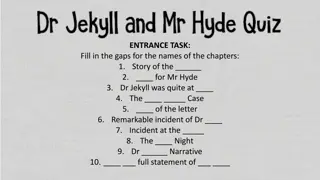


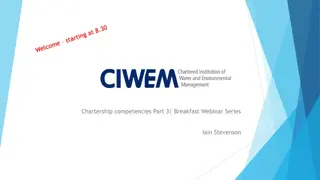
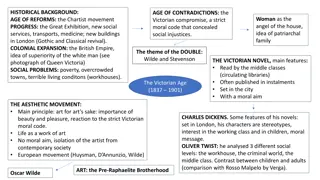
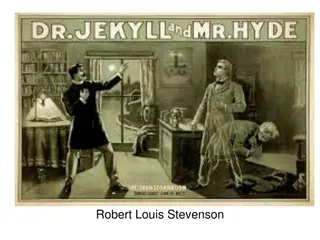
![Negligence Liability in Donoghue v. Stevenson [1932]](/thumb/198881/negligence-liability-in-donoghue-v-stevenson-1932.jpg)


